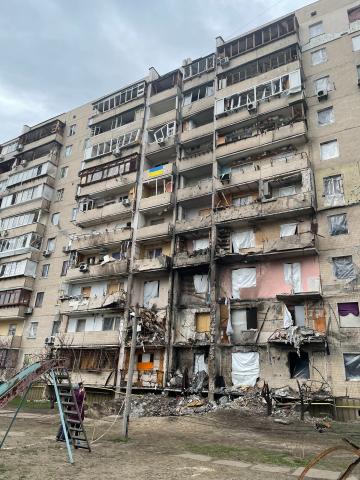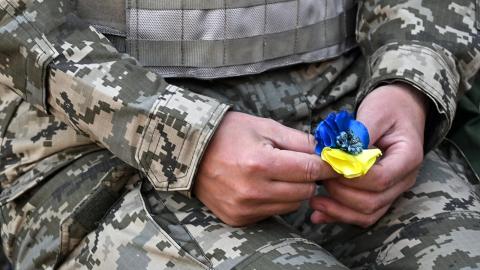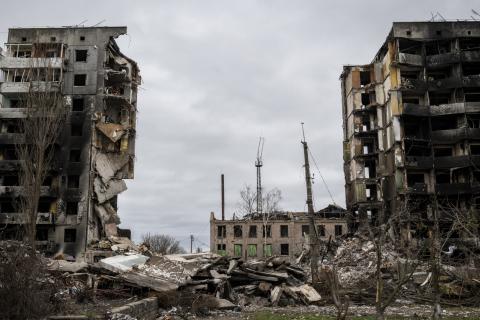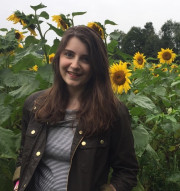The ongoing Russia-Ukrainian War has created a humanitarian crisis, resulting in loss of life, mass displacement, and destruction of homes and infrastructure. And as may be expected, living under this anxiety and instability takes a psychological toll on those affected.
The Sane Ukraine program offers a response to these challenges. Its core objective is to provide practical mental health support to diverse groups including teachers, soldiers, and medical professionals, as well as training for those who aren't mental health experts but still want to help. The program takes a proactive approach, seeking to identify and offer aid to those who may be particularly vulnerable to the enduring trauma. With mental health researchers anticipating a future where climate change and intra- and international conflict increase the stress that many Ukrainians are experiencing, programs like this one can offer a potential model for providing needed front-line support and resources.
The following policy briefs, opinion piece, and member spotlight shed light on the operational framework of the Sane Ukraine program, its preliminary findings, and recommendations for the future.






